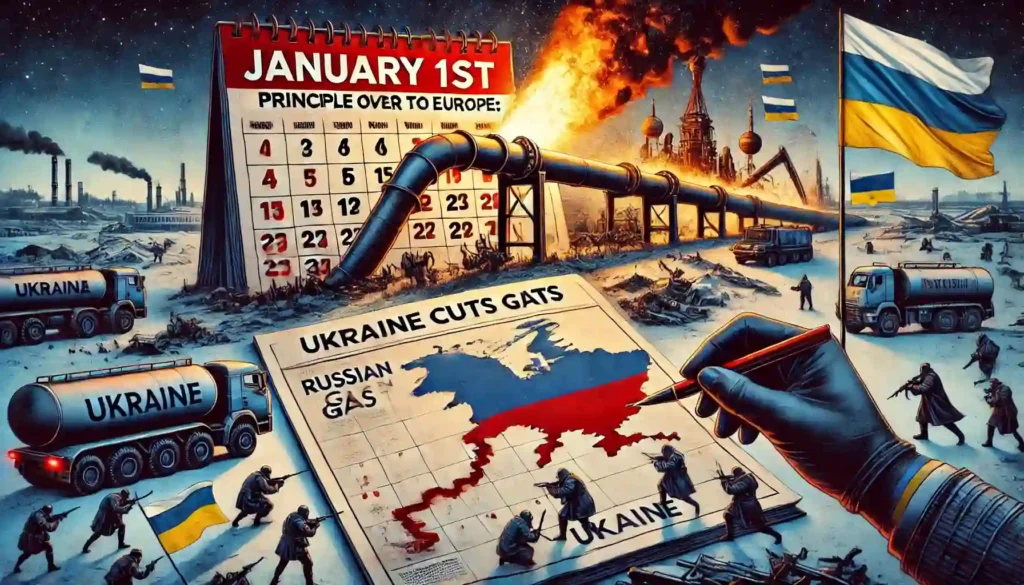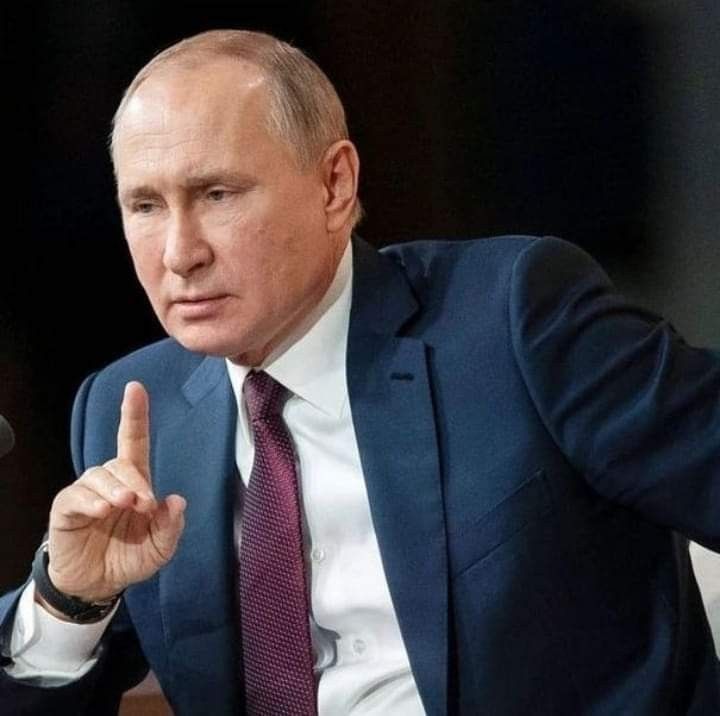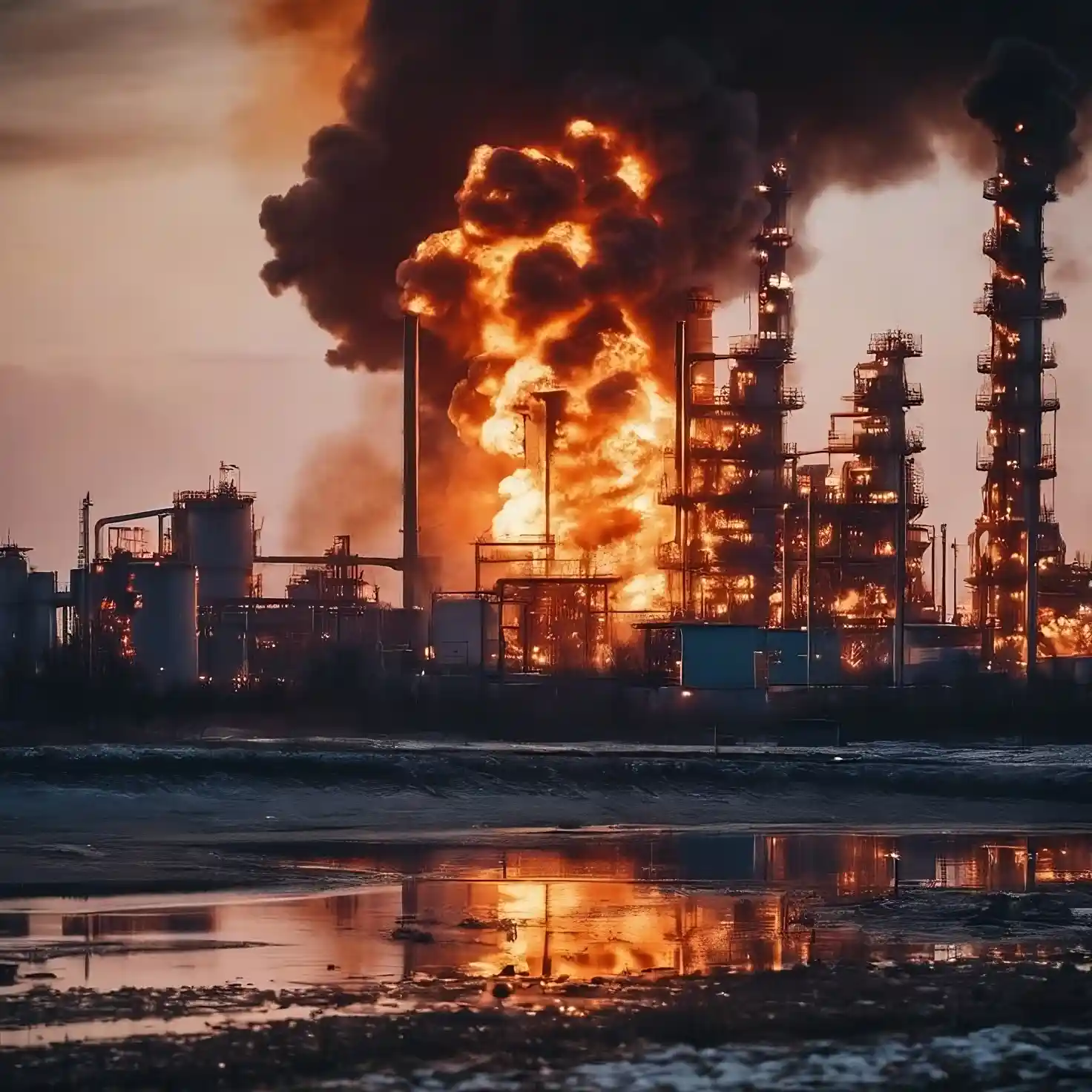Europe’s energy future just took another hit. As Ukraine officially cut off Russian gas transit, Moscow fired back with a bold warning: Europe will “pay the price.” But what does this really mean? Why now? And how did we get here?
The energy standoff is more than just pipelines and politics — it’s a story of power, survival, and shifting alliances that could impact millions of lives. Let’s break it down.
The Gas Cutoff: What Happened?
On January 1st, Ukraine stopped allowing Russian gas to flow through its territory to Europe. This wasn’t a surprise move. In fact, Ukraine had been signaling its intentions for two years. The five-year contract with Russia, signed in 2019, expired at the end of 2023 — and Kyiv chose not to renew it.
But why? The answer lies in Ukraine’s ongoing war with Russia. After years of conflict, Ukraine decided it was time to sever another tie with its aggressive neighbor.
The gas transit fees — around $1 billion annually — helped fund Ukraine’s budget. But Kyiv chose principle over profit, sending a message that it’s done playing by Russia’s rules.

Why Europe Relied on Ukrainian Pipelines
For decades, Europe depended heavily on Russian gas, much of which flowed through Ukraine. This arrangement was both convenient and precarious.
Gas kept homes warm during brutal European winters and powered industries that fueled the continent’s economy. However, that reliance gave Russia immense leverage. Whenever tensions flared, Moscow could threaten to cut off gas supplies, sending shockwaves through Europe.
But why didn’t Europe move away from Russian gas sooner? It’s simple: changing energy suppliers isn’t easy. Gas pipelines aren’t like water taps that you can switch on and off. It takes years to build infrastructure and secure alternative sources.
Ukraine’s decision to halt gas transit was a calculated risk. Europe had already begun weaning itself off Russian gas after the invasion of Ukraine in 2022. But cutting the final cord is a different story — and now, Europe must face the consequences.
Russia’s Warning: What Does ‘Pay the Price’ Mean?
Russia’s warning that Europe will “pay the price” isn’t just tough talk. It’s a reminder of the complex web of energy politics.
Moscow knows that Europe is still vulnerable. While many countries have reduced their dependence on Russian gas, others — especially in Central and Eastern Europe — remain at risk. The warning could mean several things:
- Rising energy prices: With gas supplies reduced, prices could spike, especially during the colder months.
- Economic instability: Industries that rely heavily on gas may face disruptions, leading to slower economic growth.
- Political pressure: European governments may face backlash from citizens struggling with high energy bills and inflation.
Russia’s message is clear: cutting ties won’t be painless for Europe.

Why Didn’t Ukraine Cut Gas Sooner?
Many people wonder — why didn’t Ukraine stop Russian gas transit the moment the war began? Wouldn’t that have sent a stronger message?
The answer is more complicated than it seems.
In the early days of the war, Ukraine was fighting for survival. It needed Europe’s support — not just politically, but economically and militarily. Cutting off gas transit too soon could have backfired.
Europe, at that point, was still heavily reliant on Russian gas. A sudden cutoff might have strained relations between Ukraine and its European allies, who were already scrambling to find alternative energy sources. Instead, Ukraine chose a more measured approach, giving Europe time to adapt while maintaining its commitment to principles.
How Did Europe Prepare for This Moment?
Over the past two years, Europe has been taking steps to reduce its dependence on Russian gas.
- LNG imports: Europe started importing more liquefied natural gas (LNG) from countries like the U.S. and Qatar.
- Renewable energy: Investments in wind, solar, and other renewable energy sources have increased.
- New pipelines: Europe has been working to diversify its gas supply routes, including building new pipelines from Norway and North Africa.
But despite these efforts, Europe isn’t entirely in the clear. Transitioning to a more independent energy system takes time — and Russia knows that.
What Happens Next?
The big question now is: how will Europe handle this new energy challenge?
- Energy prices could rise further. The timing couldn’t be worse, as inflation continues to squeeze households across Europe.
- Political tensions may grow. Governments that struggle to manage energy costs could face protests and political instability.
- Russia may escalate its tactics. Moscow could look for new ways to exert pressure on Europe, including cyberattacks or military posturing.
A Turning Point in Energy Politics
This standoff marks a turning point in global energy politics. It’s not just about gas anymore — it’s about power, influence, and the future of Europe’s relationship with Russia.
Ukraine’s decision to cut off gas transit shows that it’s willing to make sacrifices to stand up to Russian aggression. But it also highlights Europe’s ongoing vulnerability.
The coming months will test Europe’s resilience. Can it withstand the pressure and continue to support Ukraine? Or will economic hardships force governments to reconsider their stance?
One thing is certain: the era of Europe’s reliance on Russian energy is coming to an end. But the road ahead won’t be smooth — and both sides are bracing for what comes next.
Final Thoughts: What Can We Learn?
The story of Russia, Ukraine, and Europe’s energy crisis is a lesson in resilience, strategy, and survival.
It’s about more than just pipelines and gas contracts. It’s about a small country standing up to a powerful neighbor, and a continent grappling with the consequences of its past choices.
As Europe faces this new reality, one thing is clear: the decisions made today will shape the future of energy politics for years to come. The question is — at what price?







